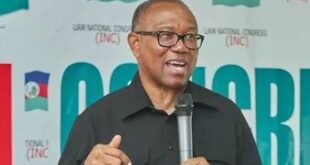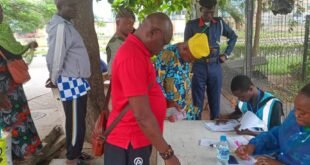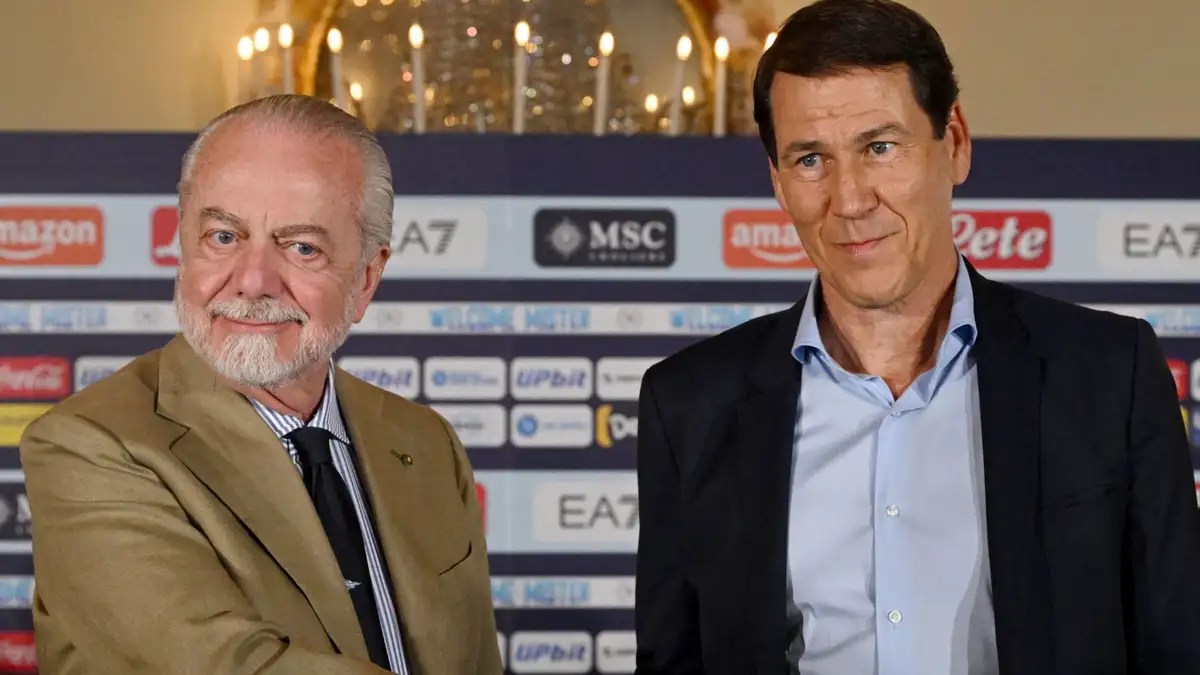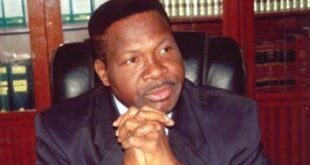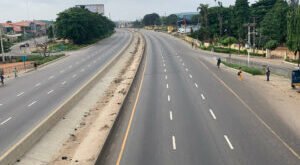There is unrest in Venezuela after a government-controlled electoral authority announced a disputed election result that handed a third consecutive term to President Nicolás Maduro.
The opposition claims that the result was fraudulent and that its candidate, Edmundo González, won the election by a wide margin.

The National Electoral Council (CNE), which announced the disputed result, has not yet been able to provide the vote tallies from individual polling stations that the opposition says prove Mr González is the winner.

With pressure mounting on the CNE to release the counts, Mr. Maduro has turned to Venezuela’s supreme court. The move has caused concern. Here’s why.

What are the vote tallies?
Venezuela has an electronic voting system. Voters press a button assigned to their preferred candidate on a voting machine.

Once the button is pressed, the machine also prints a paper receipt. Voters insert the receipt into a ballot box.
Once the polling stations close, the counting begins.
Each voting machine prints a summary of all the votes cast by voters who used that particular machine.
Additionally, at each individual polling station, a count of paper receipts is carried out to confirm that the machine’s printing is correct.
By law, this trial is public and anyone can attend. There are also several accredited witnesses representing the different parties.
Once the counting chairman and the accredited witnesses are certain that the numbers match, they sign the count, which is sent electronically to the CNE.
Accredited witnesses receive a copy of the counts and the paper printouts are transported to the CNE by the military.
Why are they so important?
Of the five members who make up Venezuela’s National Electoral Council (CNE), three are staunch allies of the government. Its president, Elvis Amoroso, worked as a legal adviser to Mr. Maduro.
Fearing that the CNE might alter the election results, the opposition called on thousands of people to act as official witnesses and also urged Venezuelans to go to their polling stations to monitor the vote count.
Shortly after midnight on election night, the CNE announced its first partial results.
It is said that, with 80% of the votes counted, President Maduro had 5.15 million votes, compared to 4.44 million votes for Mr González.
CNE President Elvis Amoroso said the figures meant Maduro had “a convincing and irreversible lead” with 51.2 percent, and the opposition was trailing with 44.2 percent.
The opposition immediately contested these results.
His witnesses had provided him with copies of vote tallies from polling stations across the country.
Just hours after the election, opposition leader María Corina Machado announced that, having seen 40 percent of the vote count, she could confirm that their candidate, not Maduro, was in the lead.
In the days following the election, the opposition’s share of the vote rose to 84%.
The opposition claims that these tallies show that Mr González won with 67% of the vote.
Opposition activists shared them with international organizations and independent researchers and uploaded them to a website that Venezuelans can access by entering their ID numbers.
They also urged the CNE to make all the counts public, arguing that they will demonstrate that Maduro’s victory announced by the electoral authority on election night was fraudulent.
Latin American leaders, including leftist leaders in Colombia and Brazil, have joined the United States, the European Union and independent election observers in increasingly pressing the CNE to finally release these tallies.
What did Maduro say?
Mr Maduro has now turned to Venezuela’s supreme court
On Wednesday, three days after the election, President Maduro said his coalition was “ready to present 100% of the vote counts that we have in our possession.”
The announcement was made at the Supreme Tribunal of Justice (TSJ), Venezuela’s highest court.
He had previously attributed the CNE’s delay in publishing the counts to “an unprecedented cyber attack,” which he said had interrupted the transmission of the counts from polling stations.
But instead of making the count public, he took the unusual step of filing an “amparo order,” a legal action typically used by citizens who believe their constitutional rights have been violated.
He asked the Supreme Court to verify the vote counts to confirm the results provided by the CNE, which had guaranteed him another six-year term.
Why did this raise concern?
Reuters A man holds a placard alongside other Venezuelans living in Mexico and members of Comando ConVzla during a protest against the election results that gave Venezuelan President Nicolas Maduro a third term, in front of the Angel of Independence monument in Mexico City, Mexico, July 30, 2024. Reuters
Thousands of Venezuelans took to the streets to protest after the CNE declared Mr Maduro the winner
Mr Maduro’s statement might appear as if he were bowing to pressure to make the counts public.
But by appealing to the Supreme Court, he found a way to both divert attention from the CNE and delay the publication of the counts in one fell swoop.
The ball is now in the court of the Supreme Court (TSJ), whose judges are overwhelmingly loyal to the government.
The proceedings are likely to be held behind closed doors, in which case, even if Mr. Maduro provides the tallies, only judges will have access to them.
In the short term, this eases pressure from the CNE and also allows Mr Maduro to claim that he has complied with international demands to hand over the counts.
And in the medium term, if the court rules in his favor, he will hope that this support will strengthen his claim to be the winner of the election.
However, this move has already been rejected by independent bodies, including the Carter Center, which was invited by the Maduro government to observe the elections.
Jennie K. Lincoln, who led the Carter Center delegation, told the AP news agency that the TSJ is “another government institution, appointed by the government, to verify the government’s numbers for election results, which are in dispute.”
“This is not an independent assessment.”
What else has the Maduro government done to stay in power?
This is not the first time that a Maduro electoral victory has been denounced as fraudulent.
The 2018 election was widely dismissed as neither free nor fair after opposition candidates were jailed, disqualified from running or forced into exile.
And it is not just the CNE’s result in the 2024 elections that is being called into question.
The Carter Center, which has monitored more than 100 elections around the world, has cited a long list of problems with the electoral process, including:
Venezuelans Abroad Face Excessive Legal Requirement to Register to Vote
Harassment and intimidation of people who provided services and goods to the main opposition campaign
Potential pressure on voters from ruling party checkpoints near polling stations.
He concluded that the 2024 presidential election “cannot be considered democratic.” [BBC]
The post Maduro maneuvers to stay in power in Venezuela appeared first on TheConclaveNg.
 JamzNG Latest News, Gist, Entertainment in Nigeria
JamzNG Latest News, Gist, Entertainment in Nigeria

